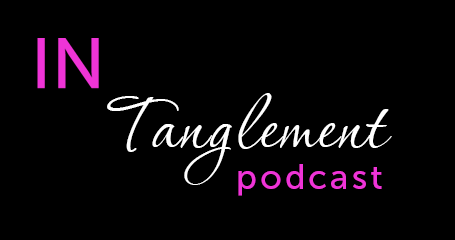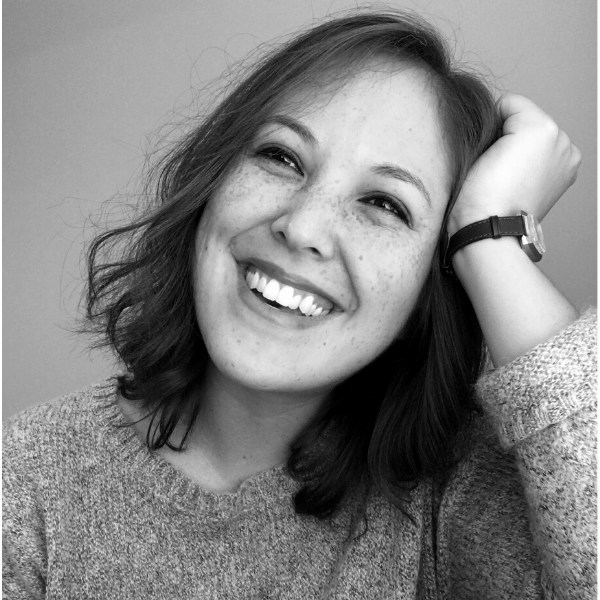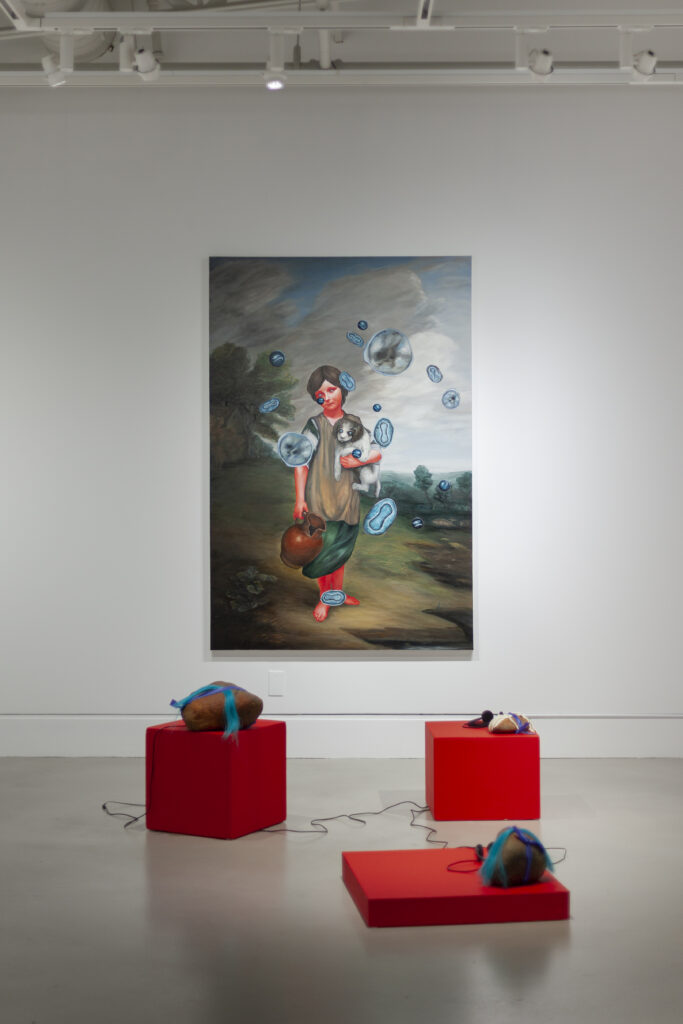
01: To Walk Alongside One Another
Messy Tangles of Self and Society
In Episode 1 of In Tanglement – “To Walk Alongside One Another: Messy Tangles of Self and Society,” writer, activist, and PhD student Angela Marian May and non-binary, two-spirit Indigenous artist and community organizer Manuel Axel Strain discuss the role of personal, familial, and communal narratives in their work, including the 2021 creative video dear community by Angela. The conversation revolves around how trauma, refusal, and healing inform their research and work, a significant part of which takes place in Vancouver’s Downtown Eastside.
There is also a special Outtake for this episode, in which Angela and Manuel talk about the complexity in representation, the notions of ethics vs. authenticity in institutions, and the idea of property ownership in the imperial and colonial contexts.
Artists

Angela Marian May is a mixed Nikkei (Japanese Canadian) settler who has spent most of the COVID-19 pandemic living in the now treatied but never ceded lands of the Tsawwassen First Nation. She is an interdisciplinary thinker, feeler, and maker, working across visual art, creative writing, activism, and scholarship. In addition to her emergent art practice (follow along on Instagram @paperandplot!), Angela is writing a collection of linked short stories tentatively titled Hotel Blue, which explores tenant organizing in the Single Room Occupancy (SRO) hotels of Vancouver’s Downtown Eastside. She is also working towards her PhD under the supervision of Dr. Amber Dean in the Department of English and Cultural Studies at McMaster University, where her doctoral project brings together the literature on trauma and memory, pain, and public health to interrogate the politics of loss in the Downtown Eastside.
Website: www.angelamarianmay.com
Twitter: @angelamayyyy
Instagram: @paperandplot

Manuel Axel Strain is a non-binary 2-Spirit artist from the lands and waters of the xʷməθkʷəyəm (Musqueam), Simpcw and Syilx peoples, based in the sacred region of their q̓ic̓əy̓(Katzie) and qʼʷa:n̓ƛʼən̓ (Kwantlen) relatives. Strains mother is Tracey Strain and father is Eric Strain, Tracey’s parents are Harold Eustache (from Chuchua) and Marie Louis (from nk̓maplqs), Eric’s Parents are Helen Point (from xʷməθkʷəy̓əm) and John Strain (from Ireland). Although they attended Emily Carr University of Art + Design they prioritize Indigenous epistemologies through the embodied knowledge of their mother, father, siblings, cousins, aunties, uncles, nieces, nephews, grandparents and ancestors.
Creating artwork in collaboration with and reference to their relatives, their shared experiences become a source of agency that resonates through their work with performance, land, painting, sculpture, photography, video, sound and installation. Their artworks often envelop subjects in relation with ancestral and community ties, Indigeneity, labour, resource extraction, gender, Indigenous medicine and life forces. Strain often perceives their work to confront and undermine the imposed realities of colonialism. Proposing a new space beyond its oppressive systems of power. They have contributed work to the Capture Photography Festival through Richmond Art Gallery, the Vancouver Art Gallery, Surrey Art Gallery, and more distant places across Turtle Island.
Website: www.manuelaxelstrain.com
Instagram: https://www.instagram.com/manuelaxelstrain/
Resources
Artworks discussed in the episode:
dear community
dear community is a creative video that retells the story of Japanese Canadians in the community’s historic Powell Street neighbourhood by contextualizing that story in the contemporary politics of Vancouver’s Downtown Eastside. Drawing on conversations with family and friends, visions of home, illustration, all kinds of writing (and scored by the gloriously talented Joel Sojonky!), dear community asks: What is the history of the Japanese Canadian community in Vancouver’s Downtown Eastside? How do Japanese Canadians recite that history? In short, what connects (or distinguishes) these two communities? Why does that matter—now, and for the future?
A white Girl with Small Pox and Heroin, 2020-21
oil on canvas, tourniquets, horse hair and elk hide on rocks harvested with Kalli Van Stone and Lannie Houle, audio with Quintasket Strain, Angela Hill, Amanda Dawn Seymour, Laverne Seymour
A white Girl with Small Pox and Heroin (2020-21) references the historical and contemporaneous impacts of settler colonialism on Indigenous land-bodies and addresses three enduring pandemics: systemic racism, the drug poisoning crisis and COVID-19. Using tropes from romantic british genre painting, this work utilizes the microscopic cell-like representations of heroin and smallpox to honour the present hardships many Indigenous peoples endure. This installation features audio recording of Strains relatives to allude to the enduring thrivence, wisdom and vitality of Indigenous families.
Other resources:
- Musqueam Place Names Mapping Portal with information on Musqueam Place Names, audio of hən̓q̓əmin̓əm̓ language from Musqueam elders, and historical photographs: placenamemap.musqueam.bc.ca
- A Sḵwx̱wú7mesh (Squamish) language place name map tool that shows places used, occupied, visited, or known by past and present Sḵwx̱wú7mesh language-speakers: squamishatlas.com/
- A resource to learn more about Indigenous territories, languages, lands, and ways of life worldwide: native-land.ca/
- Indigenous Heritage page (Interactive maps, videos and teaching materials) of Vancouver Heritage Foundation: vancouverheritagefoundation.org/indigenous-heritage/
- The term “Urbs Nullius” coined by Indigenous studies scholar Glen Coulthard: ecosocialistsvancouver.org/glen-coulthard-%E2%80%93-urbs-nullius-gentrification-and-decolonization
- Revitalize Japantown – A creative repossession of the human rights legacies of Vancouver’s Downtown Eastside (DTES) – in which the work of two geographers Jeff Masuda and Audrey Kobayashi inspired Angela’s work:
righttoremain.ca/wp-content/uploads/2015/12/20151102.1856_rjcatalogue_web.pdf
museum.bc.ca/wp-content/uploads/2021/07/265-Revitalizing-Japantown.pdf
- “Beyond Pain Narratives? Representing Loss and Practising Refusal at the Astoria Hotel” by Angela May: researchgate.net/publication/351197718_Beyond_Pain_Narratives_Representing_Loss_and_Practising_Refusal_at_the_Astoria_Hotel
- “Chapter 12: R-words: Refusing Research” by Eve Tuck and K. Wayne Yang, in Humanizing Research Decolonizing Qualitative Inquiry With Youth and Communities Edited by: Django Paris and Maisha T. Winn: us.sagepub.com/en-us/nam/humanizing-research/book237762
- The Budzey housing program for Cis, Trans, and Gender Diverse women and women led families: https://www.raincityhousing.org/programs/the-budzey/
Episode Credits
This episode is lead produced by Rebecca Wang 王晨釔 with support from Yun-Jou Chang and Minah Lee. Theme music and audio engineering by Leiwa. In Tanglement is produced by Cinevolution Media Arts Society and made possible with funding support from the Government of British Columbia.
In Tanglement is a six-episode series on art, culture and race in today’s world. Through intimate conversations with artists, filmmakers, and community organizers, we explore current experiences and perspectives from the Asian diaspora.
